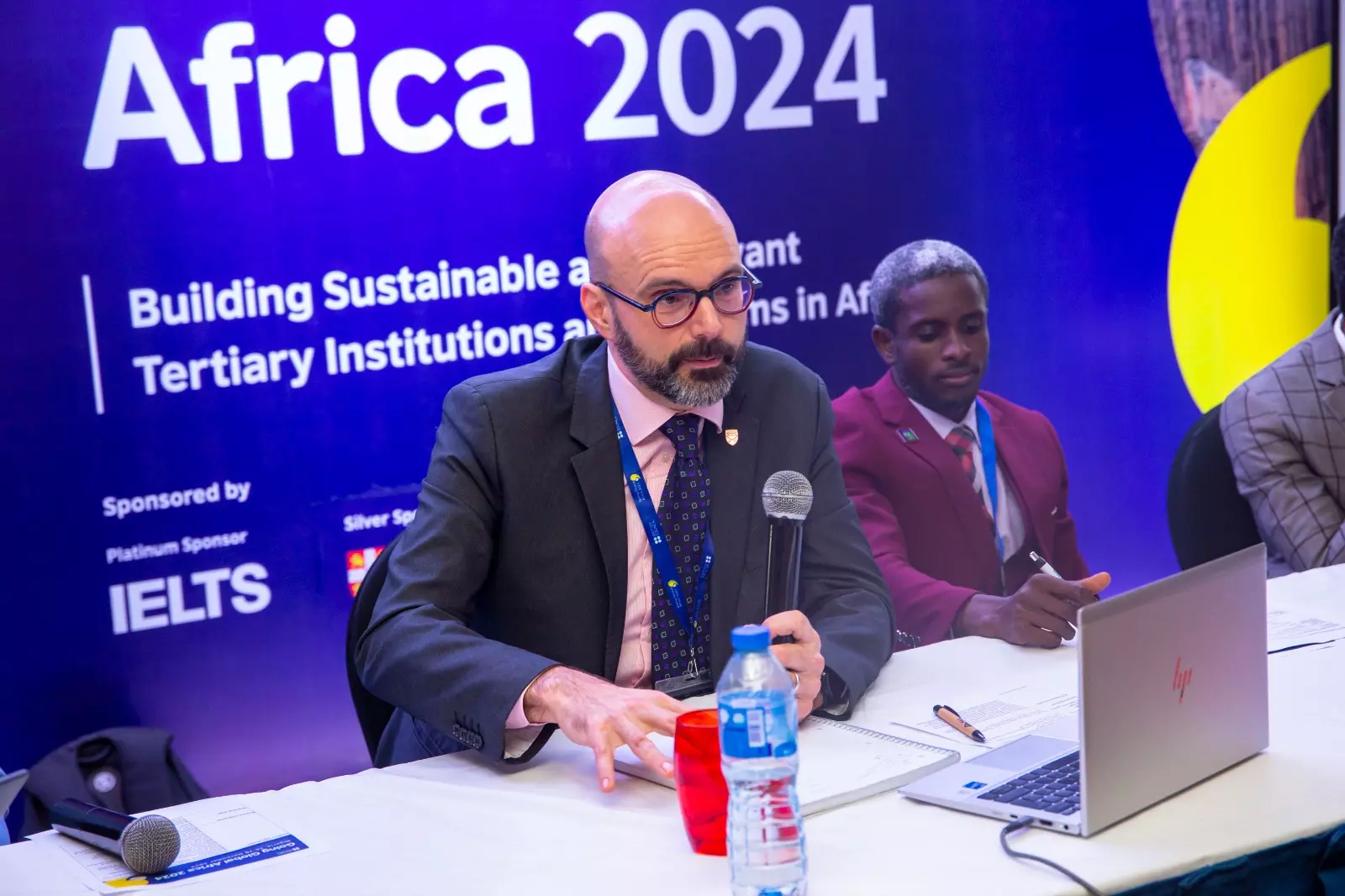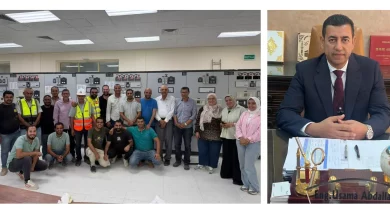British Council Unveils Research on Sustainable Transnational Education in the MENA Region
في يوم 19 ديسمبر، 2024 | بتوقيت 2:44 م

كتبت: Nagwa Taha
The British Council recently hosted a virtual event on December 2024, unveiling the findings of its latest research on the sustainability of Transnational Education (TNE) in the Middle East and North Africa (MENA) region attended by representatives from UK Universities, higher education organisations, and higher education ministries.
The event, which featured contributions from experts and representatives across the region, including Martin Hope, Global Head of Tertiary Education Partnerships British Council, Nesma Mansour Mostafa, Head of MENA Higher Education Insights & Student Mobility – British Counci, Prof. Mona Hagras, Assistant Secretary General-Supreme Council of Universities Egypt, Shannon Stowers, Head of International Policy & Engagement QAA, Dr. Nitesh Sughnani, Director of Quality Assurance, Knowledge & Human Development Authority, explored strategies for fostering resilient and impactful educational partnerships.
The study, conducted in collaboration with institutions in Egypt, Qatar, and the United Arab Emirates, provided a comprehensive analysis of how UK universities can develop sustainable and equitable partnerships within the region. These findings were initially introduced during Going Global 2024, held in Abuja, Nigeria, at the end of November, where TNE’s evolving role in regional education and development was a central theme.
The research underscored the distinctive dynamics of TNE across the three countries. In Egypt, which led the region in TNE enrolments with 27,865 students in 2022-23, economic pressures have driven a shift towards domestic TNE programmes, creating new opportunities for in-country collaborations.
In the UAE, the focus on postgraduate education and research collaboration has positioned it as a hub for innovation in transnational education. The country, with the highest number of postgraduate TNE students in the region, has embraced flexible learning models, supported by its high per capita income.
Qatar, meanwhile, demonstrated a strong preference for flexible and online postgraduate programmes, with 45% of its TNE enrolments in these formats. This aligns with the country’s strategic emphasis on linking education with industry needs and fostering sustainable growth.
The research introduced a TNE Sustainability Framework grounded in five pillars: mutual benefits, financial viability, partnership breadth and depth, leadership and people development, and mutual trust and communication. These pillars offer actionable insights for institutions aiming to build enduring partnerships aligned with regional development priorities.
Nesma Mostafa, Head of MENA Higher Education Insights and Student Mobility commented:
“This research reaffirmed the transformative potential of intentional planning and distributed governance in fostering equitable, sustainable partnerships. It highlights the importance of aligning educational initiatives with developmental and institutional priorities, ensuring that partnerships not only deliver academic excellence but also contribute meaningfully to societal and economic progress.”
During the virtual event, panellists shared their expertise on approaches to sustainable transnational educational partnerships and responded to participants’ questions about the future of TNE in the MENA region.
—















